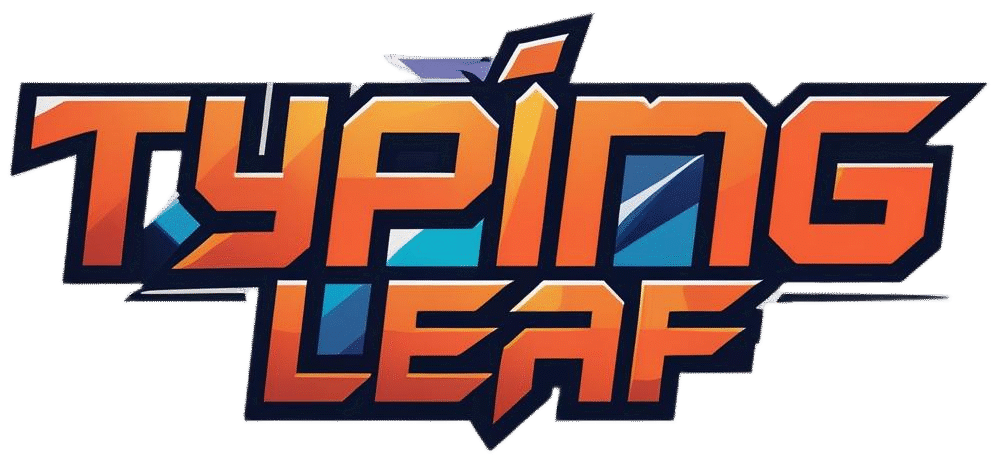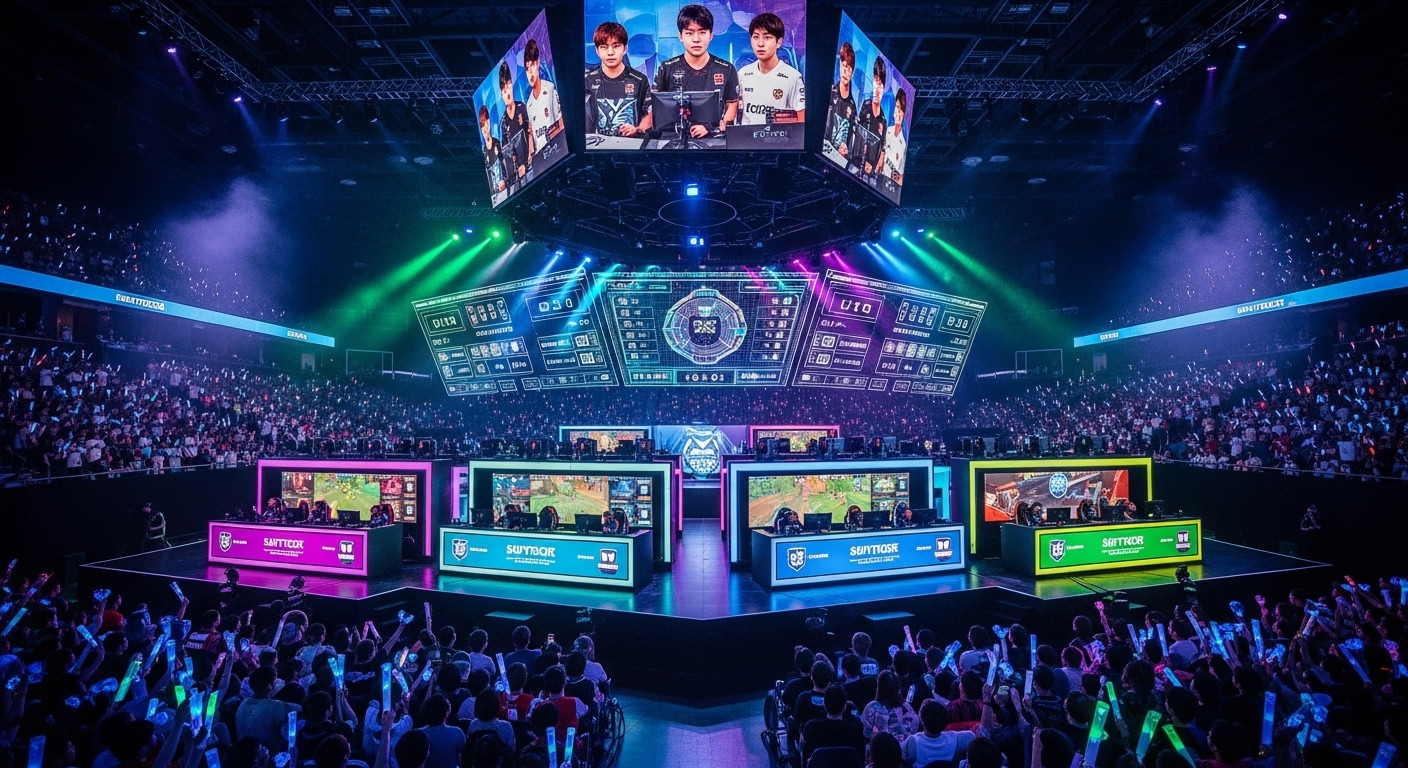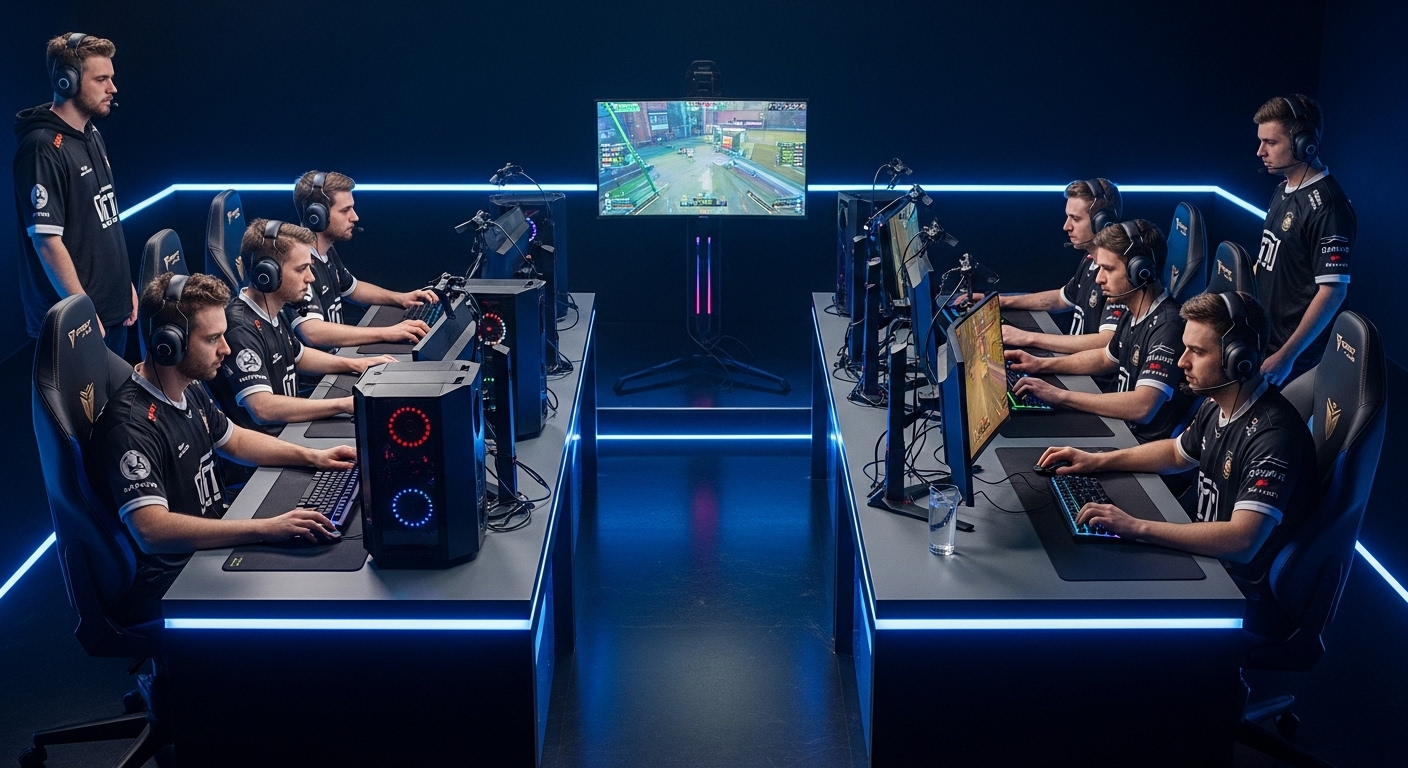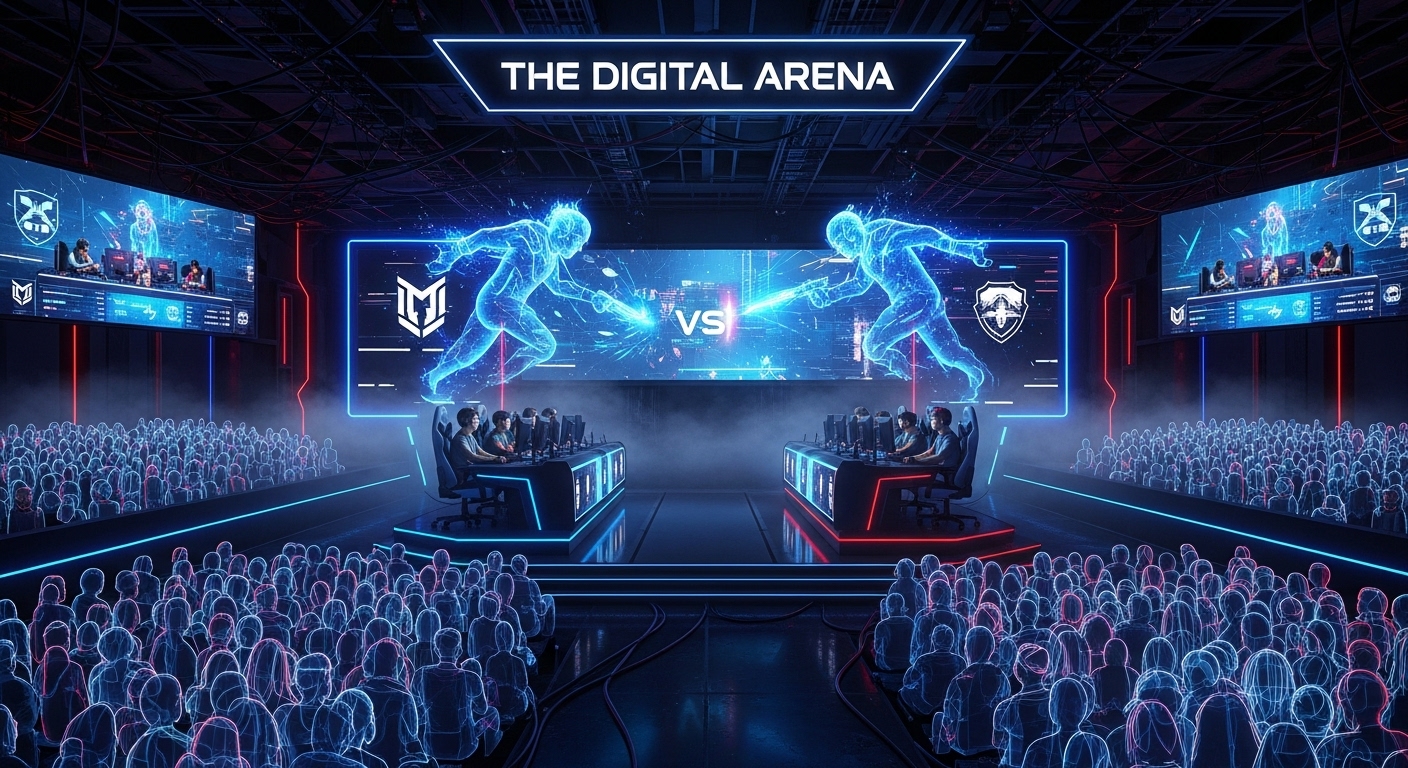Introduction: The Rise of Esports
Esports, or competitive gaming, has transformed video games from casual entertainment into a global phenomenon. Millions of players and fans around the world participate in tournaments, leagues, and online competitions, turning gaming into a professional and highly competitive arena. Esports is no longer a niche hobby—it is a full-fledged industry with professional athletes, sponsorships, and audiences rivaling traditional sports.
The Growth of the Esports Industry
Over the past decade, esports has grown exponentially. What started as small online tournaments has evolved into massive global events with multi-million-dollar prize pools. Platforms stream competitions live to millions of viewers worldwide, and professional teams operate similarly to traditional sports franchises. Sponsorships, merchandise, and media rights have turned esports into a billion-dollar industry, attracting investment and attention from both gaming enthusiasts and mainstream audiences.
Popular Esports Games
Esports encompasses a wide variety of games, each with unique challenges and competitive formats. Multiplayer online battle arenas (MOBAs) like League of Legends and Dota 2 require strategic teamwork and coordination. First-person shooters (FPS) such as Counter-Strike and Call of Duty test reflexes and precision. Battle royale games like Fortnite combine survival, strategy, and action. Each game offers its own unique set of skills, attracting diverse audiences and creating opportunities for professional competition.
The Social and Cultural Impact
Esports has redefined the concept of community and fandom in the digital age. Fans gather online and in arenas to cheer for their favorite teams and players, creating a shared sense of excitement. Streaming platforms allow players to connect directly with audiences, building personal brands and communities. Beyond entertainment, esports encourages collaboration, problem-solving, and strategic thinking, especially in team-based competitions.
The Professional Side of Esports
Professional esports players train rigorously, often dedicating hours each day to practice, strategy, and teamwork. Coaching, analytics, and mental conditioning have become standard parts of the professional ecosystem. Many esports athletes travel internationally for tournaments, live under sponsorship contracts, and earn income comparable to traditional sports stars. The professionalism of esports is a testament to its evolution from casual gaming into a serious career path.
Challenges and Opportunities
Despite its success, esports faces challenges. Player burnout, mental health concerns, and the need for consistent regulation are ongoing issues. Additionally, ensuring fair competition and combating cheating requires sophisticated technology and oversight. However, opportunities continue to expand, from educational programs focused on gaming skills to technological advancements enhancing spectator experiences. Esports is poised to continue its growth while shaping the future of digital entertainment.
Conclusion: The Future of Competitive Gaming
Esports is more than just a game—it is a cultural movement and a professional arena that bridges entertainment, technology, and sportsmanship. Its growth has created opportunities for players, fans, and businesses worldwide. As esports continues to evolve, it will redefine competition, inspire new generations of gamers, and solidify its place as a legitimate, global sporting phenomenon.



